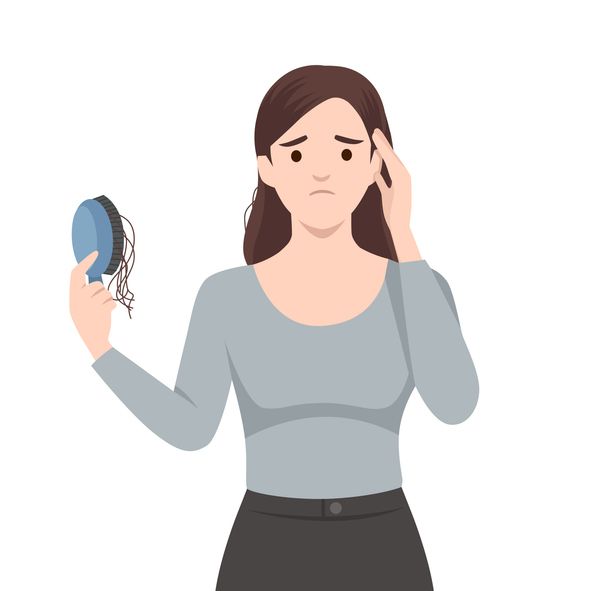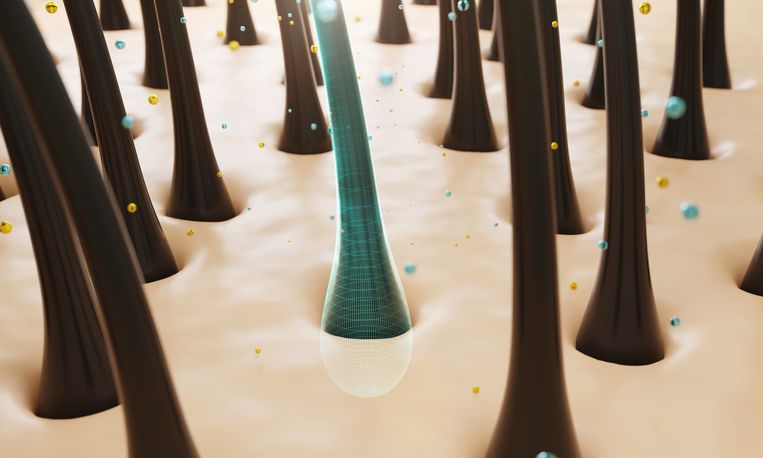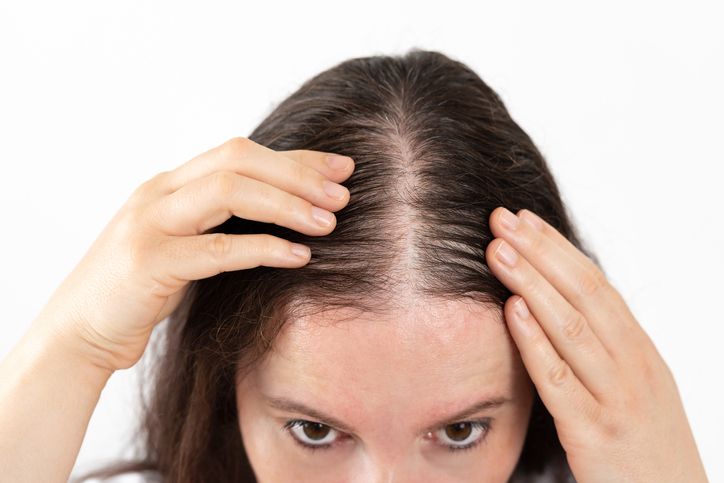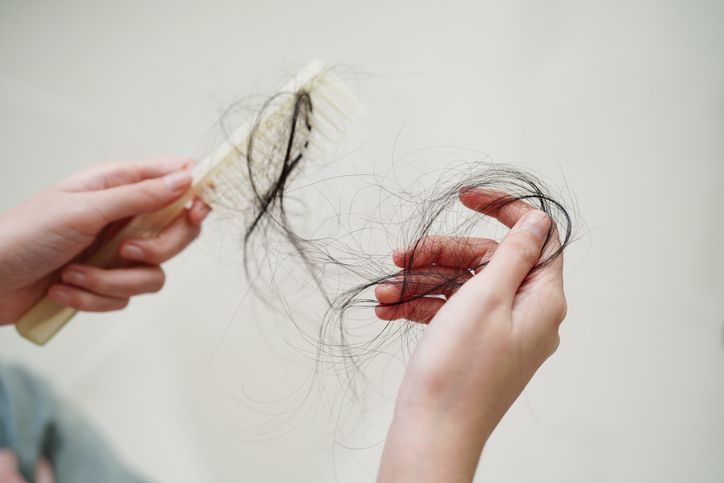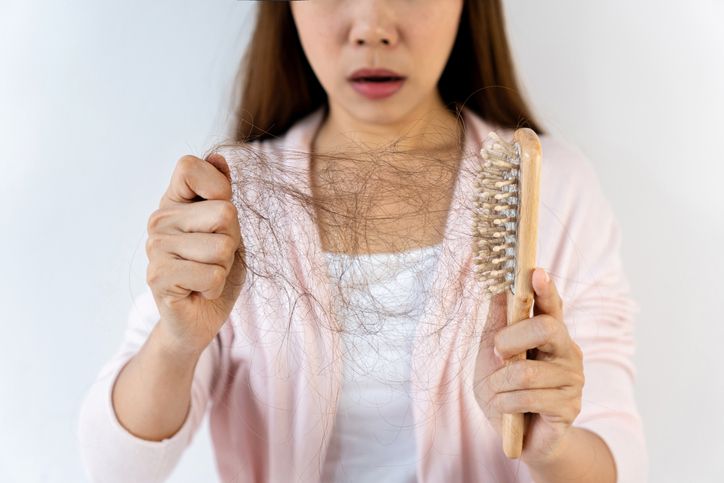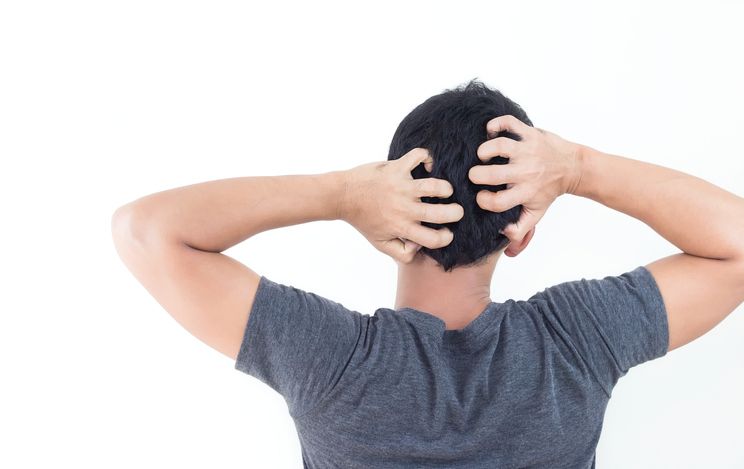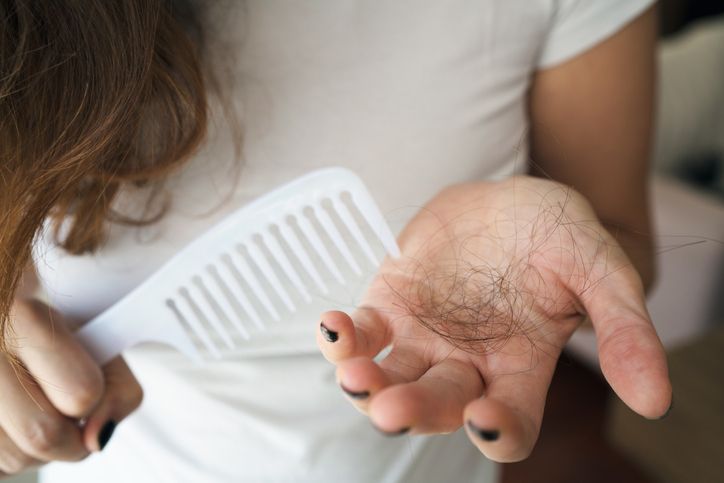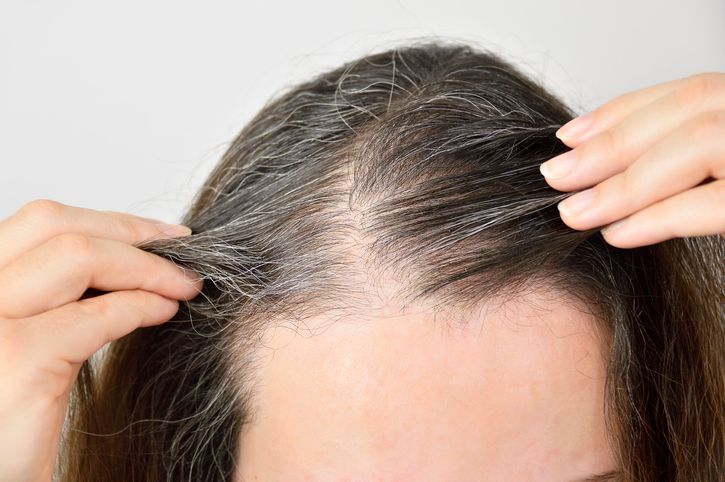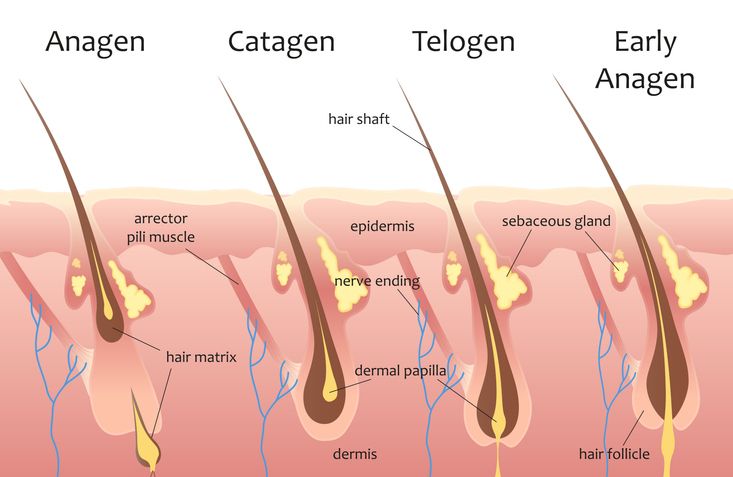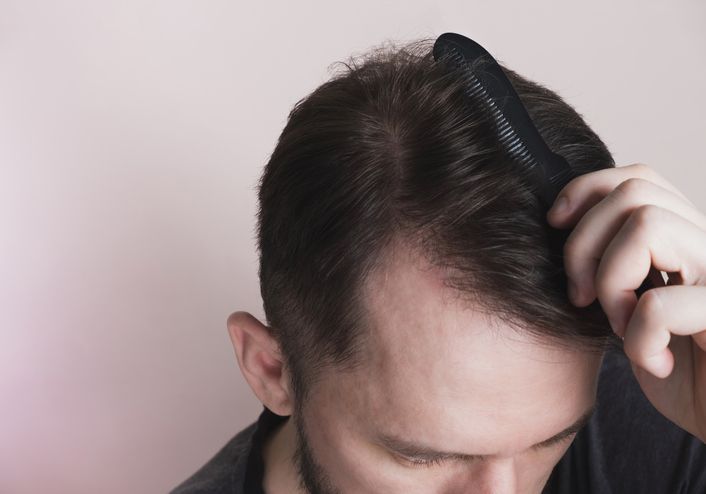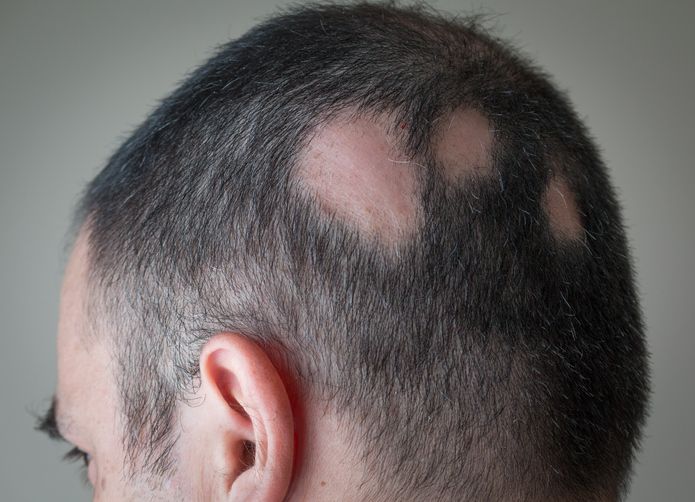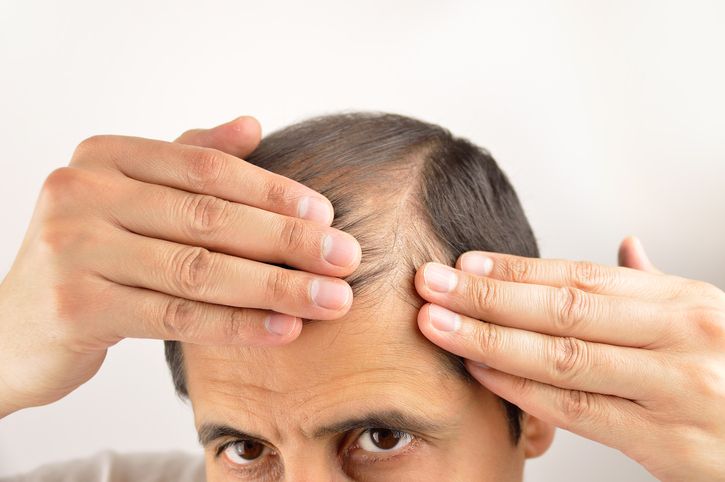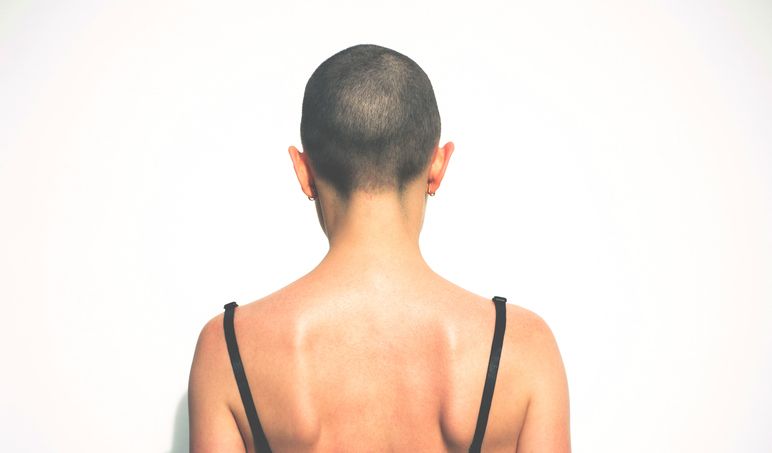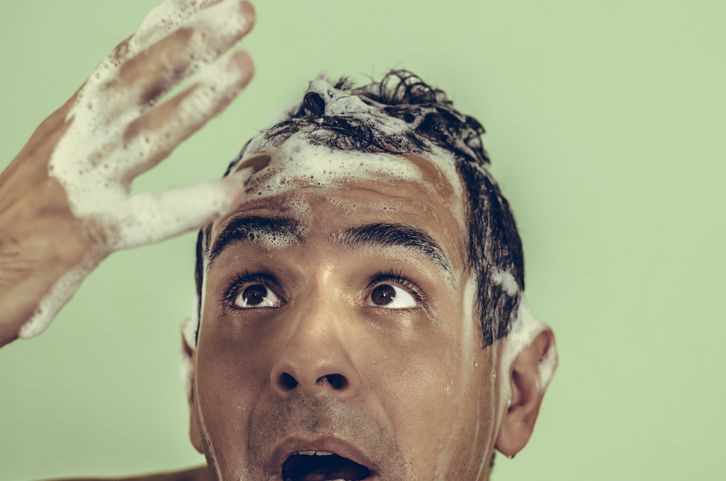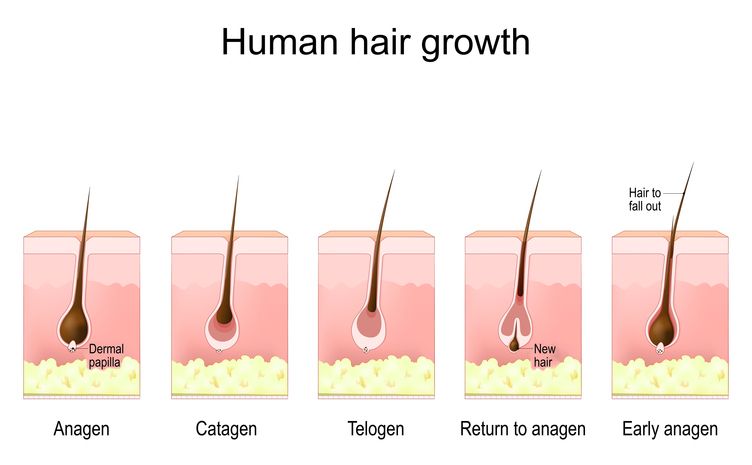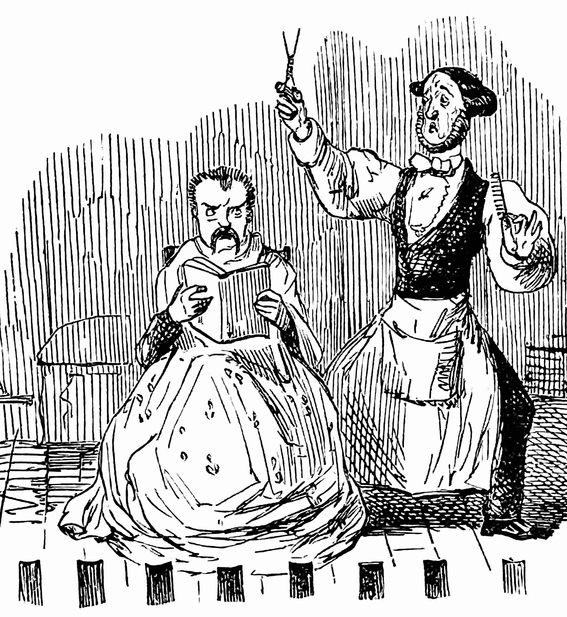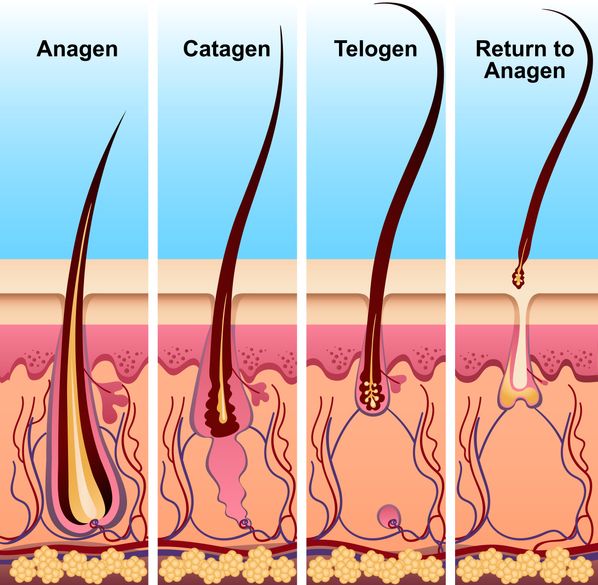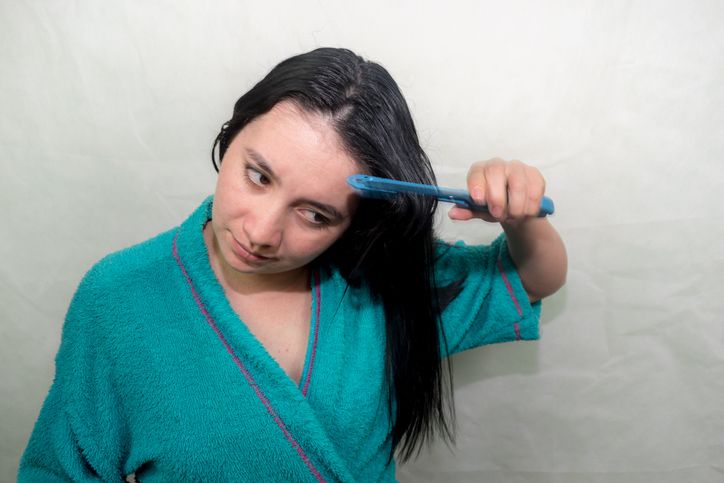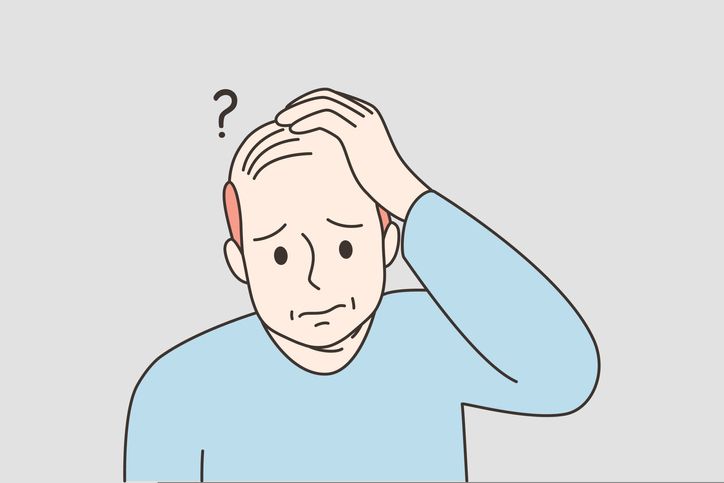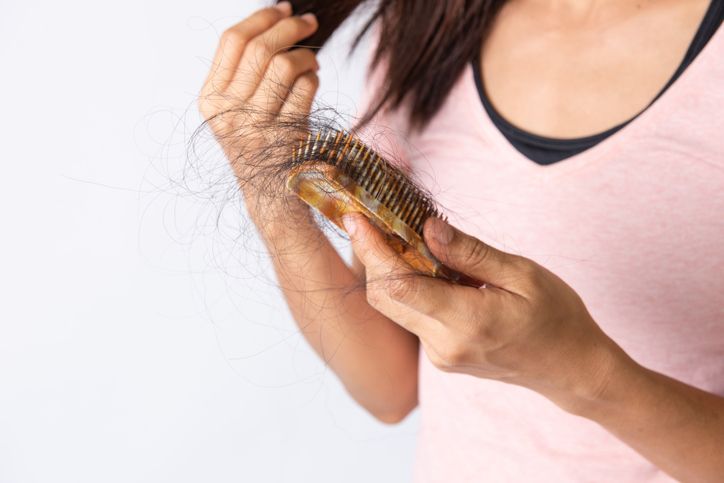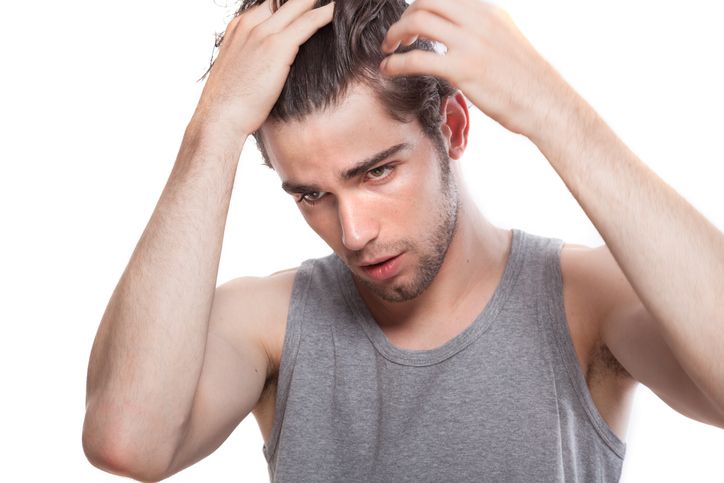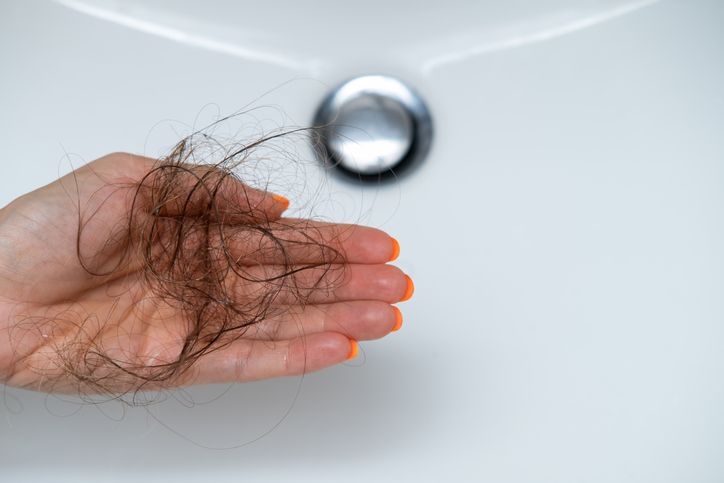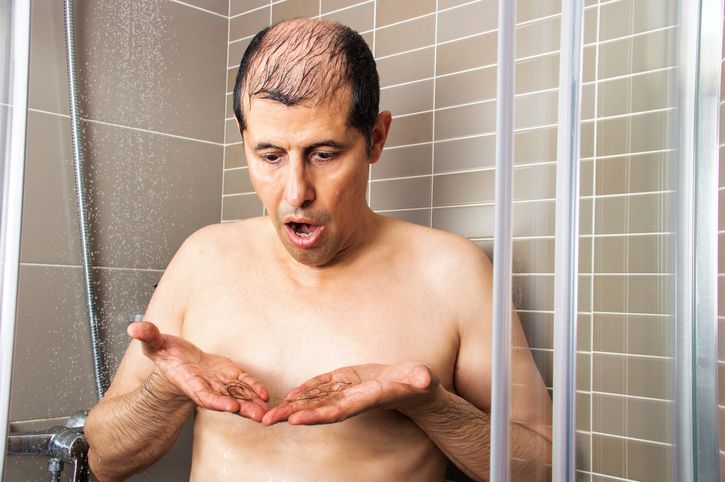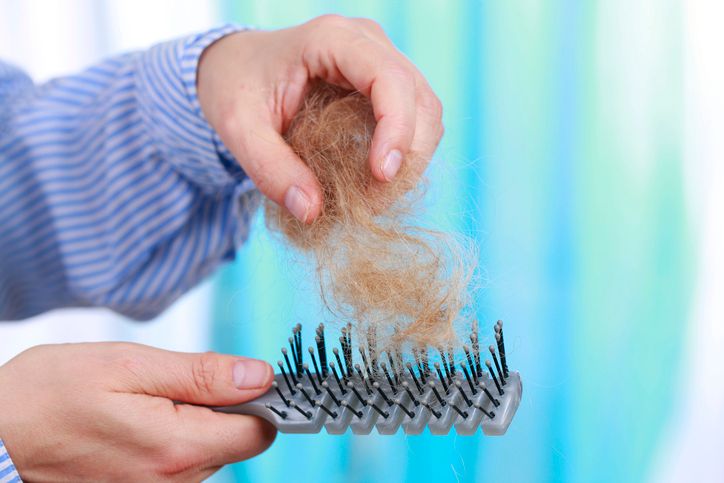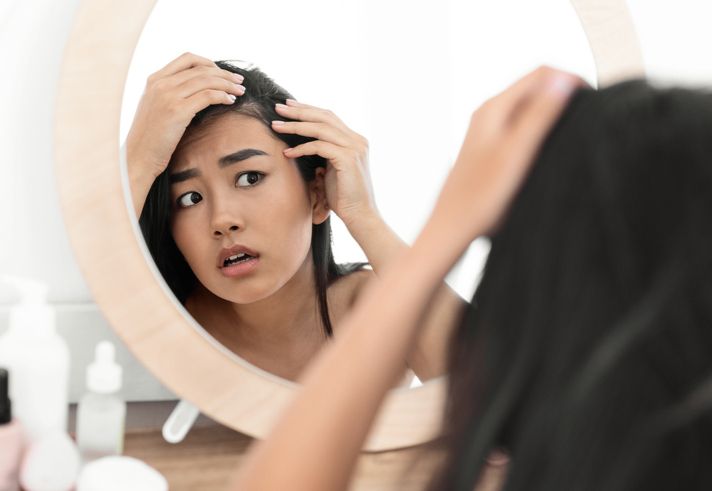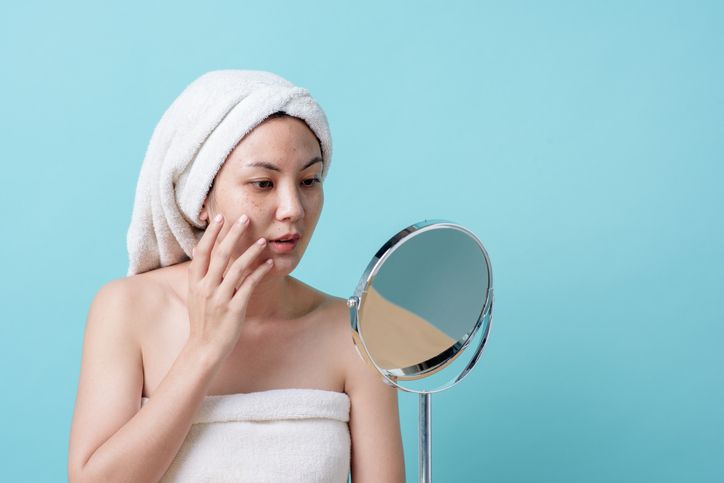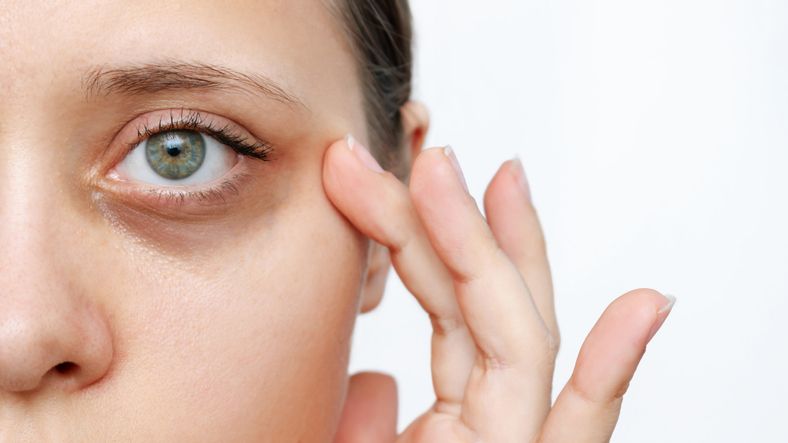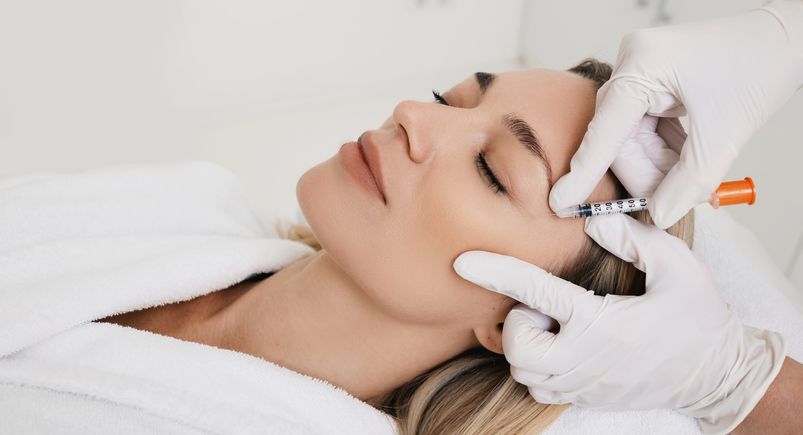Hair Regrowth Treatments
Patchy Hair Loss and Thinning Explained: 7 Causes, Symptoms, and Hair Regrowth Treatments
7 Common Hair Habits That Lead to Scalp Acne, Breakouts, and Clogged Hair Follicles
Your daily hair care routine plays a bigger role in scalp health than you might think. Certain habits—like using strong shampoos too often, piling on heavy hair products, or skipping a rinse after workouts—can lead to clogged pores and acne breakouts along the scalp. Add in things like not cleaning your brush or washing your hair incorrectly, and the buildup can trigger scalp pimples, irritation, and painful bumps. A lot of this comes down to how hair products, dead skin cells, and excess oil affect your hair follicles and sebaceous glands. These are common causes behind scalp acne symptoms like inflamed or swollen bumps, oily hair, or scaly patches. And if these issues aren’t handled properly, they can lead to persistent acne, scalp folliculitis, or even hair loss over time. Spotting the causes early can make a real difference in preventing scalp acne. Keep reading to learn what habits might be working against you—and how to change them without overcomplicating your hair care routine.
Overnight Hair Growth Myths: Do They Really Work? How To Make Hair Grow Faster?
Many people want faster hair growth, but the truth is, your hair grows at a steady rate—about 0.3 to 0.6 centimeters per month. No shampoo, treatment, or supplement can override your genetics and make your hair grow faster overnight. A lot of the so-called “miracle” products are just marketing. By understanding how your hair shaft forms and what actually influences optimal hair growth, you can avoid wasting money on gimmicks. In this article, we’ll break down the myths and facts about hair growth, covering what actually works to promote hair growth and what’s just false advertising. Keep reading to learn what truly helps your hair grow and how to get healthier-looking hair—the right way.
Overnight Hair Growth Myths: Do They Really Work? How To Make Hair Grow Faster?
Many people want faster hair growth, but the truth is, your hair grows at a steady rate—about 0.3 to 0.6 centimeters per month. No shampoo, treatment, or supplement can override your genetics and make your hair grow faster overnight. A lot of the so-called “miracle” products are just marketing. By understanding how your hair shaft forms and what actually influences optimal hair growth, you can avoid wasting money on gimmicks. In this article, we’ll break down the myths and facts about hair growth, covering what actually works to promote hair growth and what’s just false advertising. Keep reading to learn what truly helps your hair grow and how to get healthier-looking hair—the right way.
9 Causes of Thinning Hair You Need to Know—How Hair Follicles, Scalp Health, and Nutritional Deficiencies Affect Hair Growth
If your hair is thinning, there’s usually more than one reason behind it. Genetics, hormones, stress, and even your diet can all play a role. Some people have hereditary hair loss, while others lose hair due to medical conditions, medications, or harsh hair products. Hormonal changes from birth control pills, pregnancy, or thyroid disease can affect hair growth. Conditions like alopecia areata or androgenic alopecia may also lead to noticeable hair loss. Even everyday habits like heat styling or chemical treatments can weaken hair follicles. The sooner hair loss is diagnosed, the better your chances of slowing it down and regrowing hair. In this article, we’ll go over the hidden causes of hair thinning and what you can do about it.
9 Causes of Thinning Hair You Need to Know—How Hair Follicles, Scalp Health, and Nutritional Deficiencies Affect Hair Growth
If your hair is thinning, there’s usually more than one reason behind it. Genetics, hormones, stress, and even your diet can all play a role. Some people have hereditary hair loss, while others lose hair due to medical conditions, medications, or harsh hair products. Hormonal changes from birth control pills, pregnancy, or thyroid disease can affect hair growth. Conditions like alopecia areata or androgenic alopecia may also lead to noticeable hair loss. Even everyday habits like heat styling or chemical treatments can weaken hair follicles. The sooner hair loss is diagnosed, the better your chances of slowing it down and regrowing hair. In this article, we’ll go over the hidden causes of hair thinning and what you can do about it.
How Can You Make Your Hair Grow Faster by Doing These 10 Things & Eating These 10 Foods
Everyone wants their hair to be long, beautiful, and healthy. But not everyone is lucky enough to have hair that grows on its own. If you have trouble with your hair falling out or growing slowly, this article is for you!
Hair loss is a common problem that affects both men and women. Fortunately, there are many effective hair loss treatments available, including medication, hair transplant, and laser therapy. Learn more about the different options and which one may be right for you.
Get to know what causes hair loss and how you can treat them
Have you suddenly notice that your hair is not as thick as before? Worry not, find out what is the cause and how you can treat them
Hair loss, can be temporary or permanent and can affect just your scalp or the entirety of your body. It may be brought on by genes, hormonal changes, illnesses, or simply ageing. Consulting a doctor about your hair loss's cause and treatment options prior to beginning any regimen can be really helpful.
Recommended Articles
Latest Article
COPYRIGHT© NEW BEAUTY MANAGEMENT LIMITED 2025. ALL RIGHT RESERVED.




